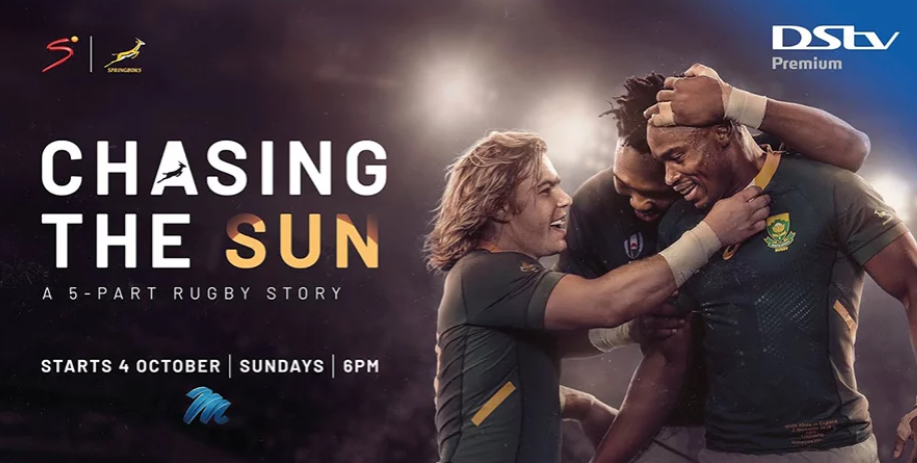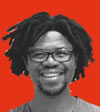The documentary of the Springboks’ World Cup-winning journey is a timely reminder of how sport can inspire hope, writes SIMNIKIWE XABANISA in the latest SA Rugby magazine.
READ: What’s in our latest issue?
The upcoming airing of Chasing the Sun, the five-part documentary of the Springboks’ journey to winning last year’s World Cup, will either come at a good or bad time for the country’s rugby fans.
Whether you consider the timing of the documentary’s release to be perfect or otherwise is essentially two sides of the same Covid-19 coin.
On the one hand the intimate behind-the-scenes revelations of how Rassie Erasmus and his merry band of underdogs took the low road to reaching and dominating the World Cup final is a timely reminder of what fellow countrymen committed to working together could do.
On the other, the pandemic – aided and abetted by the recriminations over the Black Lives Matter movement – keeping us in our silos, seems to have deepened the racial fissures which have always defined us as a country to the point where the showing of what is supposed to be the embodiment of inspiration could fall in the cracks between us.
All of which raises the question of whether racial unity through sport is attainable. Because last year’s World Cup victory was South Africa’s third, there’s a body of evidence that suggests we’ve become pretty adept at frittering away the goodwill created by those past victories.
Where Nelson Mandela’s cameo in the immediate aftermath of the 1995 win was seen as having sprinkled rainbow dust on the proceedings and sparked patriotic fervour in the celebrations, most of us cringe at the sheer naivety of the expression ‘Rainbow Nation’ these days.
The 2007 win? While many may have ignored the rain and lined up the streets to welcome the all-conquering Boks home, the ‘us and them’ divide developed almost as the open top buses taking in the tickertape parade receded from view.
Personally, I expected the 2019 victory to reverberate around the country for longer for various reasons.
Having lost to lowly Italy in 2016, and the All Blacks in their opening game at the World Cup, the Boks winning was something approaching a miracle; Erasmus masterminded the whole thing while managing a private battle with an auto-immune disease; Siya Kolisi, the country’s first black captain, had his victorious predecessors beat for his back story and common touch with the masses.
A lot of other barely told stories – think of best mates Makazole Mapimpi and Lukhanyo Am coming from the end of the earth to take over the world, Cheslin Kolbe punching above his weight, Pieter-Steph du Toit’s relentless march to World Player of the Year status, Schalk Brits winning the World Cup at 38, etc – deserve a documentary on their own.
ALSO READ: ‘It was a dark time for Bok rugby’ – Beast
But have any of those stories translated into a unified country? The public destruction of Bok jerseys by white fans irate with Kolisi for sharing his Springbok truth, and having every white Bok player not taking the knee slated as racist, would suggest not (Incidentally, I don’t believe everyone who has knelt is not racist, or that everyone who hasn’t is, but that’s a raging debate for another day).
Maybe we’re asking for too much when we think sport can unify us. In many ways it’s a metaphor for life, but there’s no substitute for the real thing the rest of us negotiate on a daily basis, away from the sportsman’s bubble.
What we have a realistic chance of drawing from the Boks’ miracle last year is hope.
Erasmus put it succinctly in the build-up to the final: ‘Rugby should be something that creates hope. But you can’t create hope just by talking about it, hope is not something you say in a beautiful tweet.’
Hope is something you create by getting off your backside, after you’ve been knocked on to it for the umpteenth time, and chasing your sun like the Boks did. I don’t know about you, but after this Covid-19 business I could use a reminder like the Springboks’ documentary.
*This column first appeared in the latest SA Rugby magazine, now on sale!





